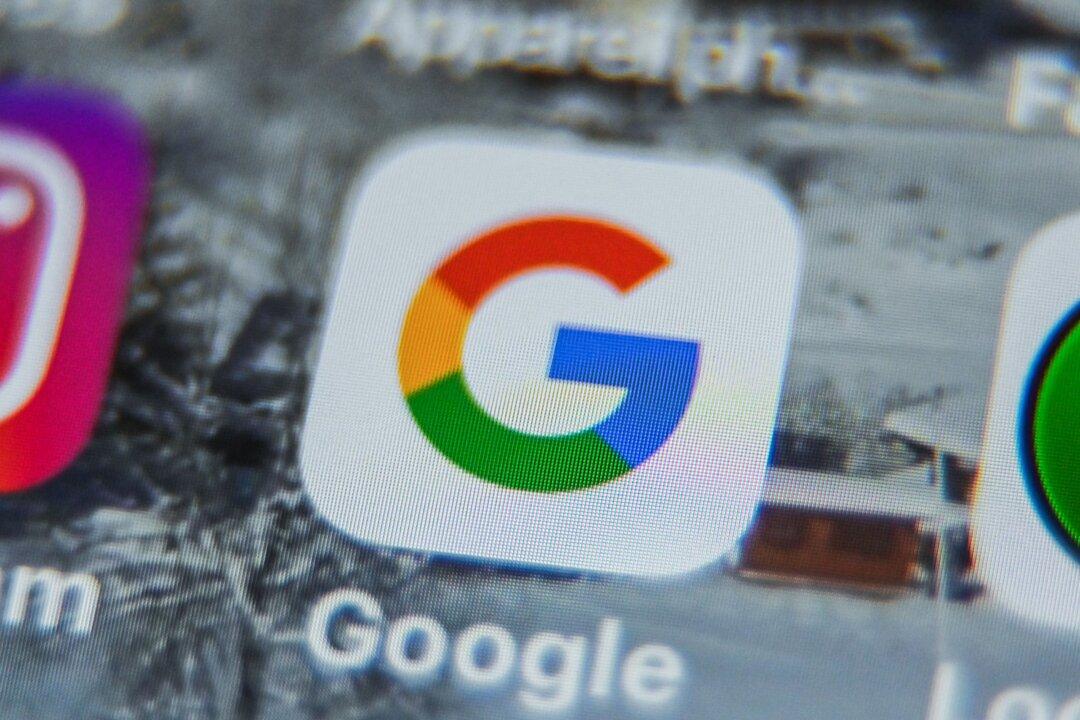Shadow Communications Minister Michelle Rowland is the latest voice in a growing chorus of executives and politicians pushing tech giants Google and Facebook to compensate media publishers for re-using their content.
In recent weeks, Australian media companies have been caught between a “rock and a hard place” as they deal with falling advertising revenues. This has been caused by two things, the ongoing loss of market share (pdf) to the digital giants; and the CCP (Chinese Communist Party) virus, commonly known as novel coronavirus.





